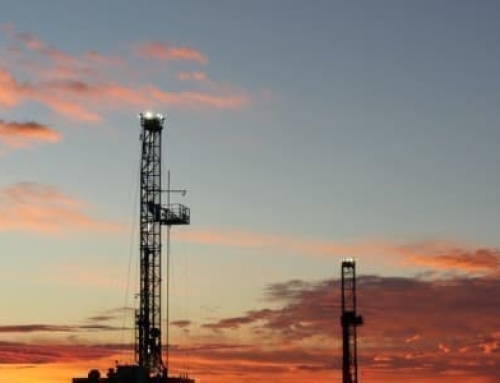Source: By Duncan Randall | Journalist & Industry Analyst – Thu, 11/06/2025 – 17:32
https://mexicobusiness.news/sustainability/news/mexico-restricts-older-diesel-truck-imports-targets-90-cut
The Mexican government has introduced new environmental regulations restricting the importation of used diesel vehicles weighing more than 3,857 kilograms, setting a maximum engine age of 10 years. The measure, published in the Diario Oficial de la Federación (DOF), aims to reduce greenhouse gas emissions, modernize the national vehicle fleet, and improve road safety.
The initiative, jointly announced by the Ministry of Economy (SE) and the Ministry of Environment and Natural Resources (SEMARNAT), follows a commitment made one year ago between President Claudia Sheinbaum’s administration and the National Chamber of Freight Transport (CANACAR) to establish environmental standards for imported trucks.
Under the new system, customs authorities will verify that diesel engines in vehicles imported for permanent use in Mexico are no more than 10 years old. Previously, there were no restrictions on the age of imported diesel engines, allowing outdated and polluting technologies to enter the market. Officials estimate the new limit will reduce emissions from diesel trucks by up to 90% compared to older models.
Minister of Economy Marcelo Ebrard said the rule represents a shift toward cleaner transportation practices and alignment with the country’s sustainability agenda. “This agreement benefits everyone. It limits the entry of old and unsafe trucks, reduces pollutant emissions, improves road safety, and protects public health,” Ebrard said during the regulation’s presentation.
Minister of Environment and Natural Resources Alicia Bárcena noted that the transport sector accounts for 23% of Mexico’s total greenhouse gas emissions, according to the National Greenhouse Gas Inventory. Although diesel-powered vehicles represent less than 5% of the national fleet, they generate 61% of particulate emissions in the sector. “They are few in number but cause significant damage,” she said. “That is why we are focusing our actions where the impact is greatest.”
Bárcena described the regulation as part of the federal government’s broader decarbonization strategy. “We aspire to be an economy that grows and produces without polluting,” she said. “The transport sector is one of the main sources of greenhouse gas emissions. This agreement raises environmental standards by banning the import of highly polluting diesel trucks and buses, allowing only those that meet the strictest international criteria.”
She added that environmental protection should be viewed as an opportunity for modernization, not a barrier. “Caring for the air we breathe is not an obstacle to development—it is the foundation of a clean and sustainable economy. This is the vision President Sheinbaum promotes through Plan México, which seeks shared prosperity and environmental balance.”
CANACAR President Miguel Ángel Martínez Millán welcomed the measure as a long-awaited solution for the freight sector. “This agreement is the result of more than two years of technical work, constructive dialogue, and interinstitutional collaboration,” he said. “It represents a balanced and forward-looking solution that aligns competitiveness with environmental responsibility.”
Martínez Millán also praised public-private collaboration. “We recognize in President Sheinbaum, Minister Ebrard, and Minister Bárcena a vision of a state committed to competitiveness, innovation, and sustainable development,” he said. “Their leadership and openness to dialogue with the industry made this agreement possible, supporting Mexico’s progress toward the UN Sustainable Development Goals.”
The regulation took two years to develop, the result of a coordinated effort among the Office of the Presidency, SE, SEMARNAT, CANACAR, the Mexican Confederation of Industrial Chambers (CONCAMIN), the Business Coordinating Council (CCE), and the National Association of Bus, Truck, and Tractor Producers (ANPACT).


